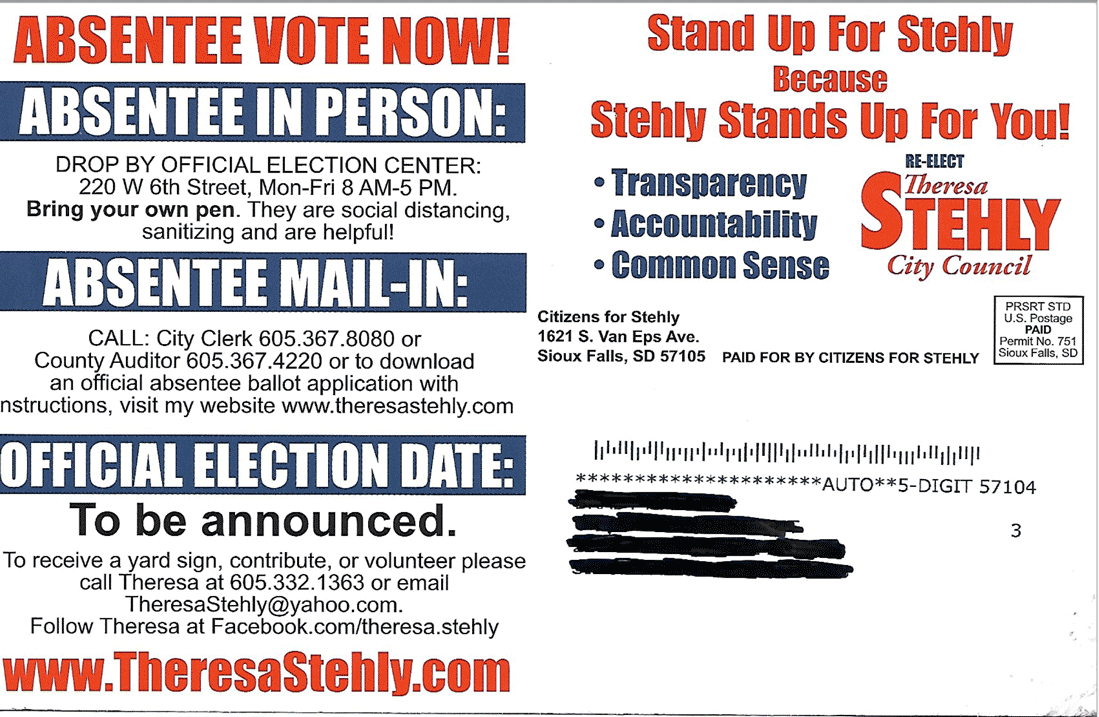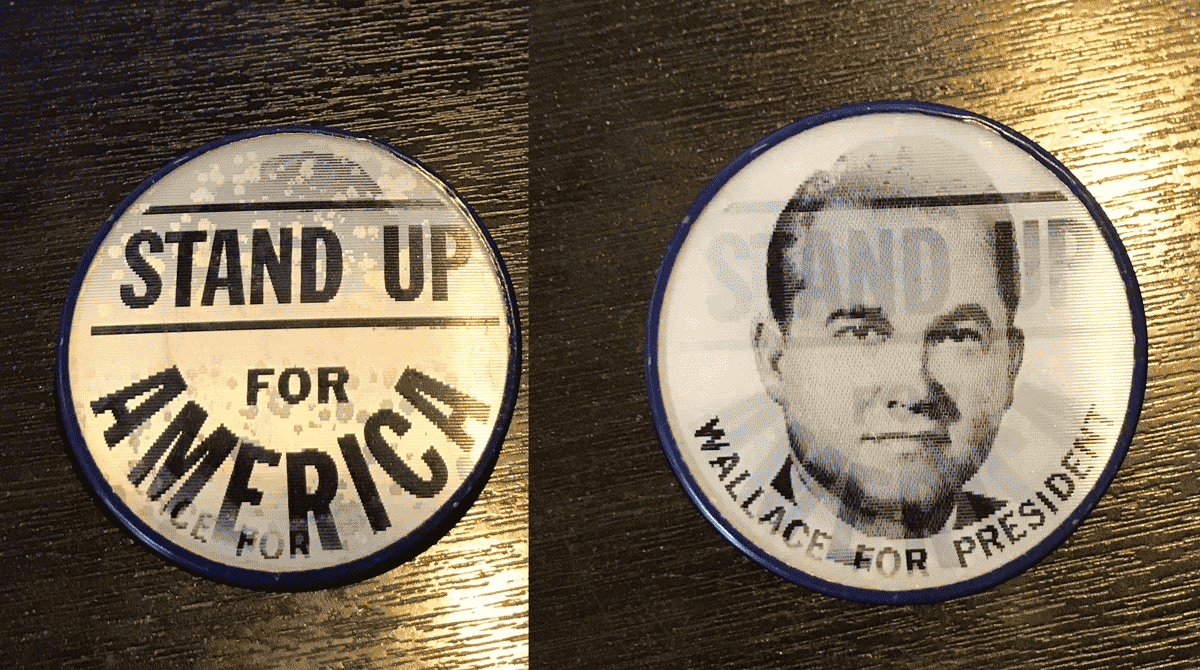It sounds like there are members of the Sioux Falls City Council who are not in agreement with Mayor Paul Tenhaken that you can issue a strict (and potentially troublesome) stay at home order to keep people shut in for the next three weeks:
As confirmed cases of the coronavirus in the Sioux Falls area hit nearly 1,000 this week, TenHaken formally called for new restrictions that would make it a crime for people in Sioux Falls to move about the city for reasons deemed non-essential.
and..
Among councilors, the conversation centered on what Greg Neitzert and Christine Erickson said is contradicting language in the proposal. The ordinance draft submitted for consideration says non-essential workers are not to go to work, while later a section specifically says businesses are encouraged to remain open.
and..
TenHaken said the reason that language is included is to urge businesses to find alternative means to provide goods and services without operating out of a brick-and-mortar facility.
But that explanation didn’t sway councilors.
“If you don’t have customers, and you don’t have employees, you don’t have business. Period,” Erickson said.
Read the entire story here.
And Christine Erickson is extremely correct.
I look at myself. I work out of the house. I have suppliers in Sioux Falls that work in massive buildings, so social distancing isn’t just easy, it’s the norm. I work and order remotely, but there can come times where I have to pick up product. If it becomes a crime for those businesses to operate, or for me to back a truck up and load boxes as I pick them up, I’ll get my supplies elsewhere, and drive through Sioux Falls. Which means my revenue goes elsewhere, and those businesses are deprived of the income.
Frankly, when Mayor TenHaken says that they’re urging “alternative means to provide goods and services without operating out of a brick-and-mortar facility,” I’m left shaking my head because there are some goods that ONLY come out of a brick and mortar facility. It’s not like people are going to use things like a printing press in their #@% garage.
And if you can’t get product in Sioux Falls, I know I’ll just go elsewhere.
I might not be as harsh on the Mayor as my guest columnist on the topic, but Paul needs to realize that not everything can be done electronically via e-mail, and someone has to do the work. Maybe that’s not the intent of the ordinance, but if that’s the case, they’d better get much more specific, fast.
It’s not much use turning cities into police states and going overboard as you claim to be protecting society if you destroy it in the process.




